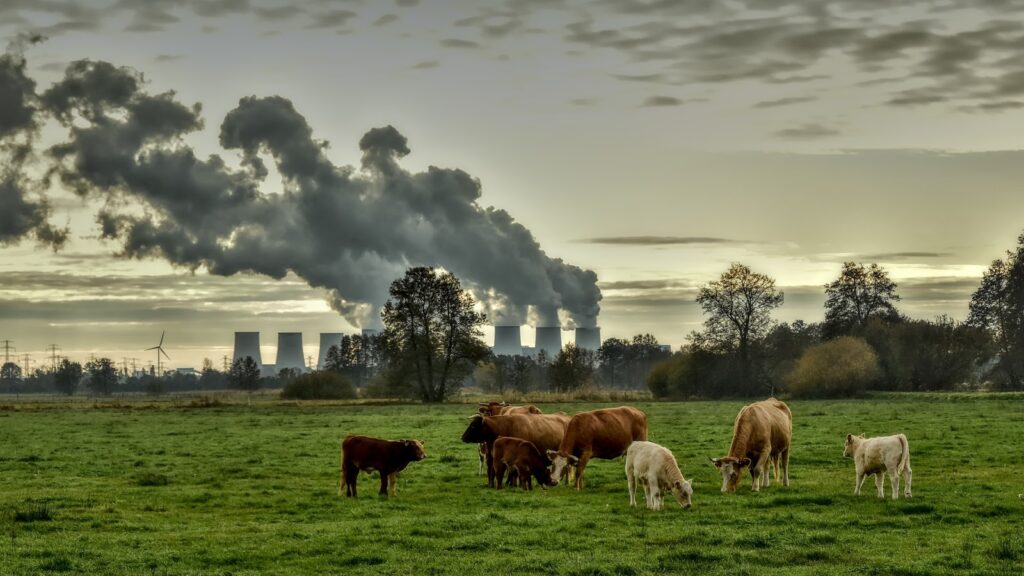In brief
- For every 1 person in NZ, there are about 1,500 people elsewhere. So NZ can have no measurable impact on global CO2.
- Is there any point being any better than the middle of the pack? Cost of CO2 reduction is high.
- Will climate action to lead the world benefit the country or is it just political idealism?
There is considerable political consensus in NZ
The general consensus among the Government and its Opposition is that climate change is a crisis that needs immediate action. Anyone who questions this view is met with criticism or forced to recant.
Let’s assume, for the purpose of this article, the science is settled. The question then becomes: what can New Zealand realistically do to make a measurable and meaningful difference to the climate?
The cold reality is New Zealand can do very little, no matter how much it wishes to be the “little engine that could.” Even if the country does everything possible to reduce its net emissions, the global impact would be unmeasurable and inconsequential, because New Zealand’s greenhouse gas emissions only account for about 0.17% of global emissions.
Targets are to be met using a number of interventions including a carbon pricing scheme, renewable energy targets, taxpayer investments in public transport, and a big focus on reducing emissions, particularly in agriculture.
The Government is currently subsidizing the cost of climate reduction that is embedded in petrol because it wants to improve its election chances. This is purported to cost $1.3b per year. This illustrates very well how aspirational rhetoric is often more attractive than real world implementation.
The Climate Economic and Fiscal Assessment of 2023 estimates the cost of reducing emissions leading up to 2030’s goals could be around $24 billion. So cost effectiveness is an important consideration.

The carbon pricing regime, by its nature, implicitly forces CO2 users to reduce CO2 as cost effectively as possible. However, instead of relying on this scheme, different government plans, like subsidizing electric cars, are put into place without even trying to measure the cost of reductions. And, like with the petrol subsidy mentioned above, the government is keeping the price of carbon credits down, again presumably to appease voters.
Is this one of those challenges where the cure is perhaps worse than the disease?
Economist Dr Bob Murphy – citing nobel laureate William D. Nordhaus – argues the economic trade-offs made in an attempt to reduce emissions will not achieve the targets set out in the Paris Accord, and will also lead to far worse economic conditions.
Poor people – of whom there are a thousand times more in the world than there are people in NZ – can’t afford to care about emissions, for instance burning rubbish to keep warm. And as they try to rise out of poverty they contribute to more CO2.
It’s worth noting there are all kinds of defensive measures that can be taken to mitigate future damage to NZ. Like building to standards that can handle more extremes.
A gesture versus reality
Do everyday New Zealanders benefit from telling the world we want to be leaders in climate change mitigation? If they think so, they should be prepared to pay for it. Or does it serve the politicians only?
Why doesn’t the Government charge what climate action will cost so the people can make up their mind on real information?



















